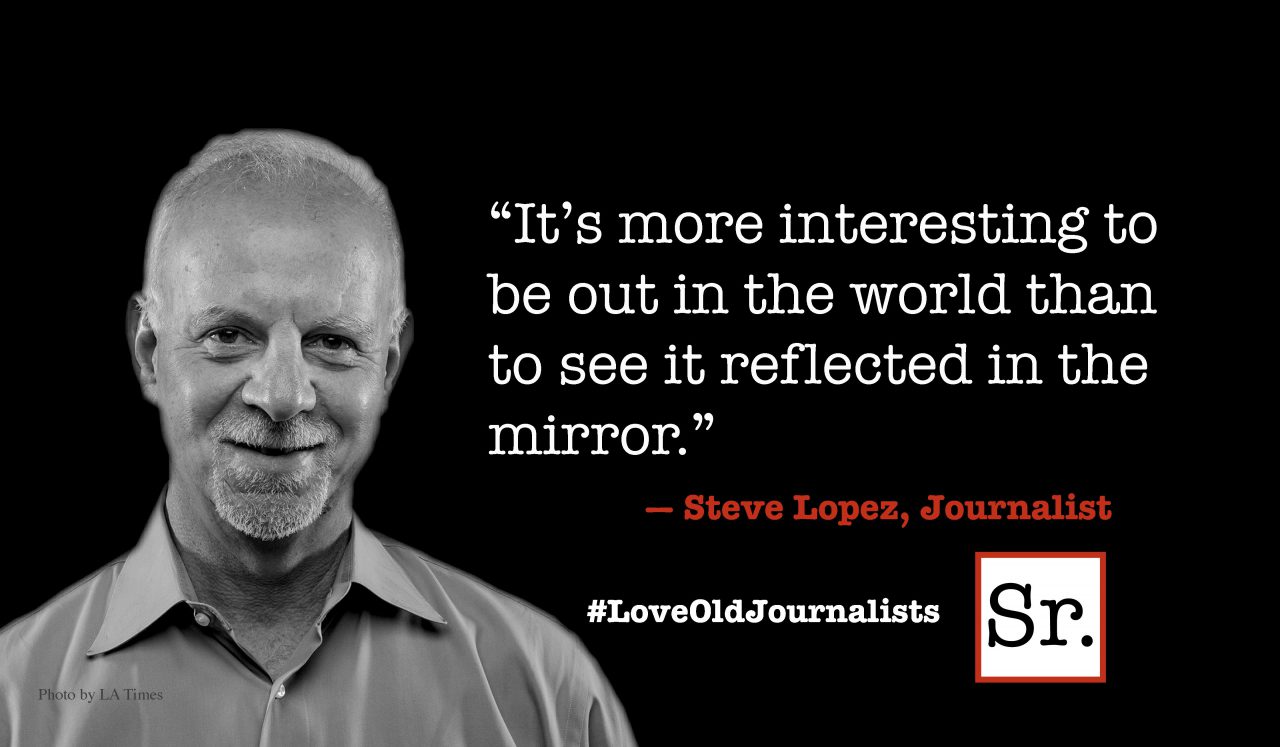About a year ago, I started thinking about the third book I wanted to write. Since it's a philosophical science fiction story, I wanted to invent a planet of peace. Was it even possible to have a planet of peace? What would it look like? Who would inhabit it?
I knew human evolution could never have happened without aggression and survival of the fittest. Was war a man thing fueled by testosterone? Were all wars stupid and useless? What if we hadn't had a war to get rid of Hitler? Surely, some wars were necessary. Then there were the wars that didn't happen — Mandela in South Africa, the corroding of the USSR without a shot, Ireland and Britain. My planet of peace was a muddle in my mind.
This summer, war came very vividly to mind because of the fighting between Gaza and Israel. I had lived in Israel in the 1980s and had worked in a peaceful coexistence program for Arabs and Jews within Israel. The first Intifada emotionally tore me apart. How depressing to see the updated CNN version of Arabs and Jews at war with one another all these years later.
Just as I felt more hopeless than ever about making any sense of war and peace, I read a newly published book called "War! What Is It Good For?" by Ian Morris. The author, a Stanford University Professor of Classics, and Professor of History, explains war with a breadth of perspective that is as illuminating as it is intriguing.
Warfare is a phenomenon of human society. Not only does he painstakingly describe the wars in history, the author explains them in a way that actually makes sense. Yes, war has caused much pain and suffering. But, the bottom line is that war has also made us healthier, happier, richer, and less likely to die of violence. Morris is sure that "Productive war has made the planet a better place."
He admits that "This is a paradoxical, counterintuitive, and frankly disturbing notion. But the evidence of archaeology, anthropology, history, and evolutionary biology seems conclusive."
Obviously, war goes on as the U.S. ramps up to defeat ISIS.
But Morris continues his incisive view of war into the future — perhaps another 40 years when at long, long last, he can see the end of war — not because peace wins out, but because advances in all types of technology will render war, well, simply useless.
Sorry I won't be around to finally live in a world without war on a planet of peace.








